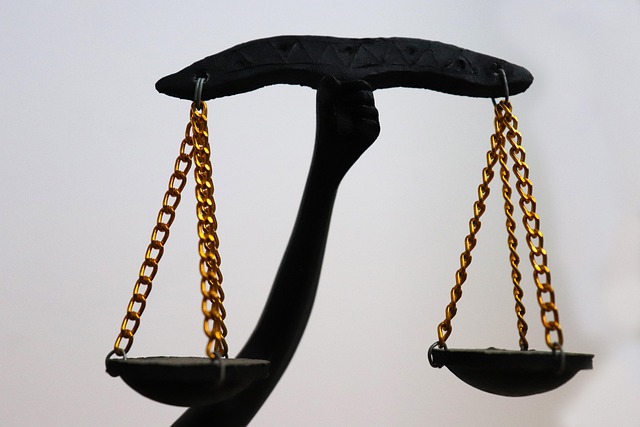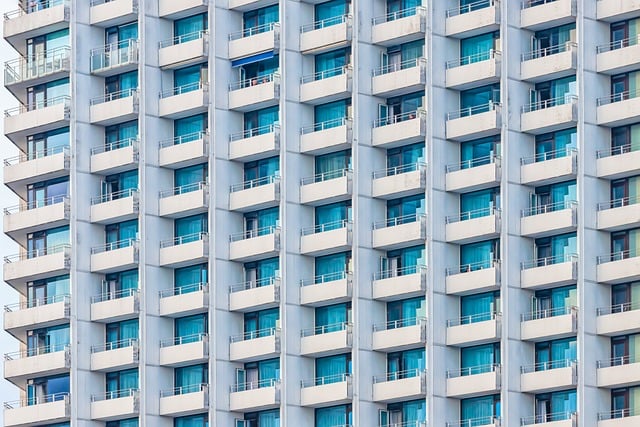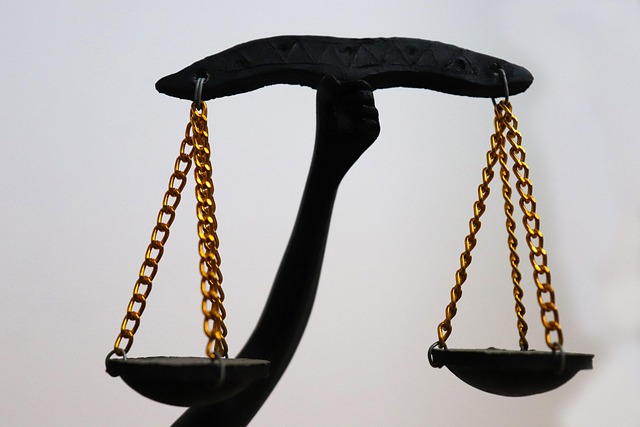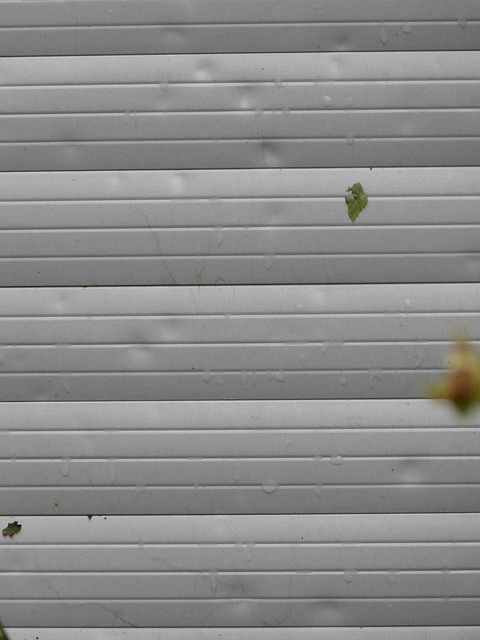In Oregon, both landlords and tenants have distinct responsibilities regarding rental property mold. Landlords are legally obligated to maintain safe and habitable conditions, including prompt addressing of mold, while tenants have the right to report issues and expect immediate remediation. Understanding these legal obligations is crucial for ensuring a healthy living environment. Tenants should document mold instances and landlords must inspect, assess, and mitigate it within a reasonable time frame, following Oregon Health Division guidelines. Effective dealing with mold requires collaborative efforts, regular communication, and adherence to recommended protocols for protection of health and legal standing.
In Oregon, understanding tenant rights regarding mold in rental properties is crucial for both landlords and tenants. This comprehensive guide delves into the legal framework surrounding mold issues in rental homes, focusing on Oregon’s specific laws. We explore when molds become the landlord’s responsibility and provide insights into tenant protections and health considerations during remediation. By familiarizing yourself with these rights, you can ensure a safe living environment and navigate any potential disputes effectively.
- Understanding Mold in Oregon Rental Properties: Legal Framework and Tenant Rights
- When Is Mold a Landlord's Responsibility? A Deep Dive into Oregon Laws
- Protecting Your Health and Rights: What Tenants Should Know About Mold Remediation
Understanding Mold in Oregon Rental Properties: Legal Framework and Tenant Rights
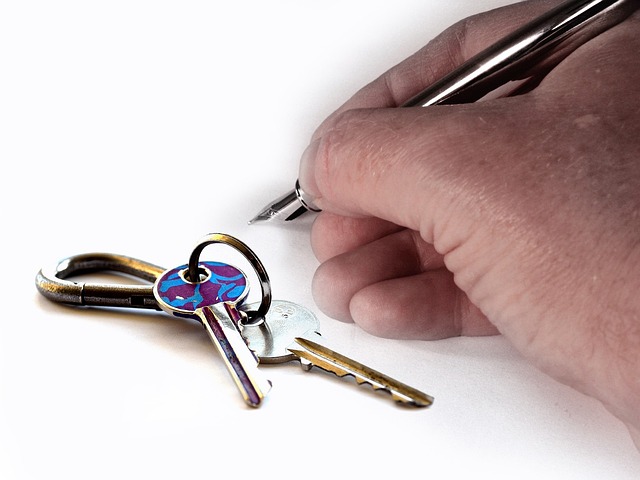
In Oregon, rental property owners have a legal obligation to maintain their properties in a safe and habitable condition. This includes addressing issues like mold growth promptly. Mold can pose significant health risks to tenants, particularly those with respiratory conditions or allergies. Understanding the legal framework surrounding rental property mold is crucial for both landlords and tenants.
Oregon law recognizes that mold in residential properties can be a serious problem. Landlords are required to inspect their properties regularly for signs of water intrusion or mold growth and take immediate action to remedy any issues. Tenants have the right to report mold problems to their landlords and seek resolution. Knowledgeable tenants should be aware of their rights, including the right to safe living conditions and prompt remediation when mold is present in their rental units.
When Is Mold a Landlord's Responsibility? A Deep Dive into Oregon Laws
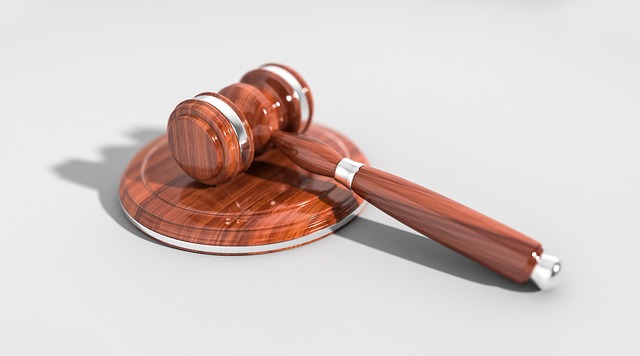
In Oregon, the responsibility for addressing mold in rental properties is a key concern for tenants. According to state laws, landlords are generally required to maintain their rental properties in a safe and habitable condition. This includes taking proactive measures to prevent mold growth, such as ensuring proper ventilation, addressing water leaks promptly, and using materials that resist mold development during construction or renovation.
When it comes to existing mold, the Oregon Health Division guidelines state that landlords must mitigate any visible mold if it is causing health issues for tenants. If a tenant reports mold in their rental unit, the landlord has a duty to inspect, assess, and take appropriate action within a reasonable timeframe. Tenants should document all instances of mold with photos and written notices, as this can be crucial in demonstrating the extent and duration of the problem, which may influence liability and resolution under Oregon’s tenant rights laws regarding rental property mold.
Protecting Your Health and Rights: What Tenants Should Know About Mold Remediation

If you’re a tenant in Oregon dealing with mold in your rental property, understanding your rights and the remediation process is crucial for protecting both your health and your legal standing. Mold can pose significant health risks, especially for individuals with respiratory conditions or allergies. It’s important to know that according to Oregon law, landlords are responsible for maintaining safe living conditions and promptly addressing issues like mold growth.
Tenants have the right to request mold remediation when necessary. This process should be collaborative between the tenant and landlord, ensuring everyone’s safety and comfort. During remediation, it’s essential to follow recommended protocols, such as evacuating the area if necessary, using proper protective equipment, and employing specialized cleaning methods. Regular communication between both parties is key to resolving the issue effectively while respecting each other’s concerns and rights.
